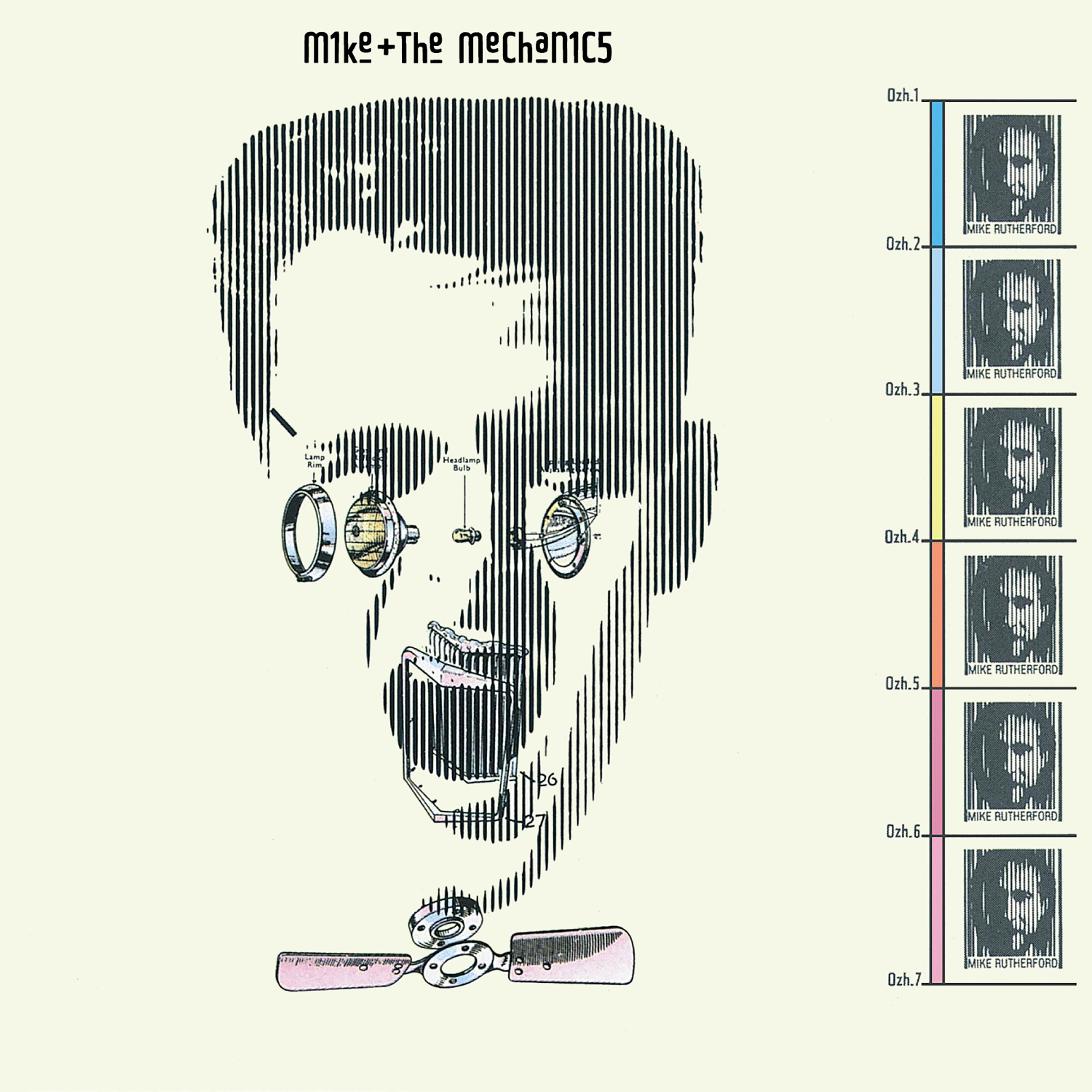Listen Now
Episode 66 covers a special bonus episode topic selected by our co-host Alex. Moving slightly away from the musician/performance/songwriting tip, Alex wanted to get our host’s takes on 5 of their most favorite albums from a “production” and/or “sonic quality/audiophile” standpoint. Perhaps giving more of a focus on the recording engineer, the producer, mixing and mastering engineers of the world on this episode, Alex approached this as “What are 5 albums you’d use to break in your new stereo?” While Mark and Chris approached it less from a sonic perfection standpoint and more of a “using the studio as an instrument” or “the most unique recording” techniques, Alex and Kevin approached it more on our most favorite mixed/mastered audiophile-grade albums. WARNING, we do get a bit nerdy on this episode but we wanted to engage our potential fellow audiophile listeners. Tune in next week for Episode 67 where we cover the debut album of our next full band discography, a little old grunge band from the Pacific Northwest.
Subscribe, Rate, and Review:
The List
Alex
5. Toto – Toto IV (1982)
4. The 1975 – I Like It When You Sleep, for You Are So Beautiful Yet So Unaware of It (2016)
3. My Bloody Valentine – Loveless (1991)
2. Tears for Fears – The Seeds of Love (1989)
1. Steely Dan – Aja (1978)
Chris
5. Tool – 10,000 Days (2006)
4. Alanis Morissette – Jagged Little Pill (1995)
3. Madonna – True Blue (1986)
2. Peter Gabriel – So (1986)
1. Jimi Hendrix – Axis: Bold as Love (1967)
Kevin
5. Dua Lipa – Future Nostalgia (2020)
4. Motley Crue – Dr. Feelgood (1989)
3. Knife Party – Abandon Ship (2014)
2. Queensryche – Empire (1990)
1. Def Leppard – Hysteria (1987)
Mark
5. Swarm – Singles (2021)
4. Pink Floyd – Piper at the Gates of Dawn (1967)
3. Michael Jackson – Bad (1987)
2. Dire Straits – Brothers in Arms (1985)
1. Kanye West – My Beautiful Dark Twisted Fantasy (2010)
Background Information
A music producer or record producer is a recording project’s creative and technical leader, commanding studio time and coaching artists, and in popular genres typically creates the song’s very sound and structure.[1][2][3] The music producer, or simply the producer, is likened to a film director.[1][3] The executive producer, on the other hand, enables the recording project through entrepreneurship, and an audio engineer operates the technology.
Varying by project, the producer may also choose all of the artists,[4] or openly perform vocals with them.[3] If employing only synthesized or sampled instrumentation, the producer may be the sole artist.[3] Conversely, some artists do their own production.[3] Some producers are their own engineers,[5] operating the technology across the project: preproduction, recording, mixing, and mastering. Record producers’ precursors were “A&R men”, who likewise could blend entrepreneurial, creative, and technical roles,[2] but often exercised scant creative influence,[6] as record production still focused, into the 1950s, on simply improving the record’s sonic match to the artists’ own live performance.[3]
Advances in recording technology, especially the 1940s advent of tape recording—which Les Paul promptly innovated further to develop multitrack recording[7]—and the 1950s rise of electronic instruments, turned record production into a specialty.[3] In popular music, then, producers like George Martin, Phil Spector and Brian Eno led its evolution into its present use of elaborate techniques and unrealistic sounds, creating songs impossible to originate live.[1][8] After the 1980s, production’s move from analog to digital further expanded possibilities.[3] By now, DAWs, or digital audio workstations, like Logic Pro and Pro Tools, turn an ordinary computer into a production console,[9][10] whereby a solitary novice can become a skilled producer in a thrifty home studio.[11][12] In the 2010s, efforts began to increase the prevalence of producers and engineers who are women, heavily outnumbered by men and prominently accoladed only in classical music.[11][13]











